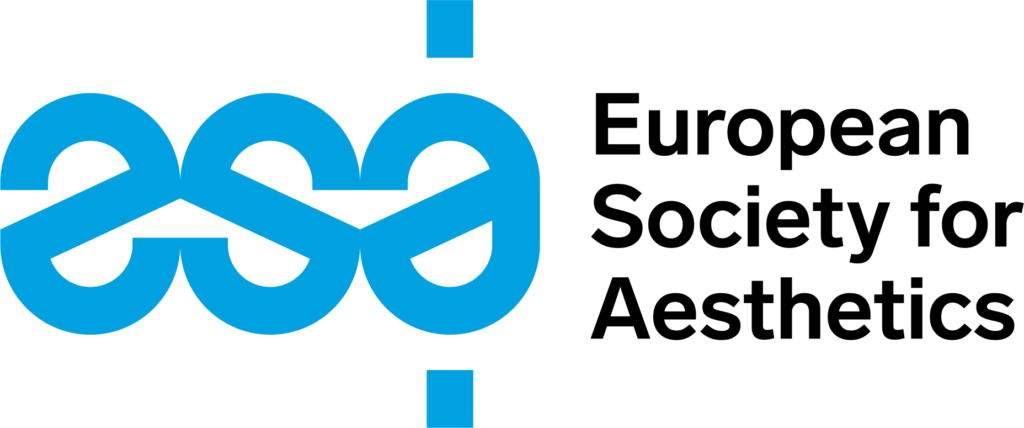Loading Map....
54.32772000000001
10.129349999999931
Date/Time
Date(s): 19. May – 21. May
All Day
Location
Muthesius University
Categories
CFP – Congress: “Immersion – Design – Art: Revisited. Transmedia Form Principles in Contemporary Art and Technology”
— Congress at the Muthesius University and the University of Applied Sciences Kiel, Germany (19–21 May 2016) —
Since Renaissance the aesthetics of immersion has always highlighted the emerging of new media technologies. Most recently this happened in the excited millennium debates, that stated a complete break with all traditional notions of reality under the impact of digital simulation: right up to an agony of the real. More than a decade later, this reality has proved to be extremely resistant, and the technologies of immersion have become a natural part of the everyday communication and aesthetic experience. The real artistic challenge hides itself in this ordinariness, because the pure media technology is not sufficient for an aesthetic difference, as yet believed in the birth years of Ars Electronica.
Contemporary art has always been media art, insofar the issue of the symposium is the possibility of a digital media art in the age of digital self-evidence. Even if the euphoria of the media theories in the 1980s and 1990s was characterized by a fixation on the technological moment, today the focus is on transmedial and multimodal continuities and refers to different types of media. This opens up new perspectives on the art and design of immersion as a formal principle that overcomes media boundaries, instead of repeating the traditional ontological question about the truth of the images.
If the authors title a symposium Immersion – Design – Art: Revisited, they are aiming at independent media theoretical perspectives, where media art is neither a simple effect of media technology, nor the social reality of media is confused with the artistic imagination of media artists. Remember how reckless the Internet was celebrated in the early years as an emancipatory paradise: Freedom appeared to be an automatic function of technology.
But the disappointment over the loss of such utopias does not mean the end of the Internet art, instead a media art has become visible, which is more than a trivial side effect of technological optimism. Especially the moving images and the interactive images, which simultaneously adapt and modify the immersive potential of the dynamic images and its apparatusses. In them we find the oscillation between the desire for immediacy and the structure of hypermediacy – of immersion and reflection – from where the artistic dimension and perspectives arise.
This also applies to design. Especially advanced simulation technologies often seduce to forget, that such mimesis is always aesthetic design. The image itself disappears by means of technological perfection and becomes completely transparent. The current trend on the approximation to the natural perception and interaction of multimodal displays and interfaces shows this with probably unprecedented Verve. The more advanced the technologies are, the more subtle aesthetic analysis and the design concept become, therefore the artwork does not want to disappear under the smart surfaces new media. The analysis of this present design as well as it’s artistic reflection aims to a contemporary aesthetic of the digital. In particular of the digital moving image, which may needs to leave behind the extremes of Euphoria and Apocalypse, which once shaped the debate.
The congress is a special cooperation of the Muthesius University, the University of Applied Sciences Kiel and the Research Group Moving Image Science Kiel. The official deadline for abstracts is February 19, 2016. Abstracts should be up to 300 words in length. Please send a short CV, contact details and your abstract via: kontakt@bewegtbildwissenschaft.de. The presentation should not take longer than 60 minutes (plus 30 minutes for discussion and technical setup). Please contact the organizers Lars C. Grabbe, Patrick Rupert-Kruse, and Norbert M. Schmitz via e-mail if you have any further questions.
